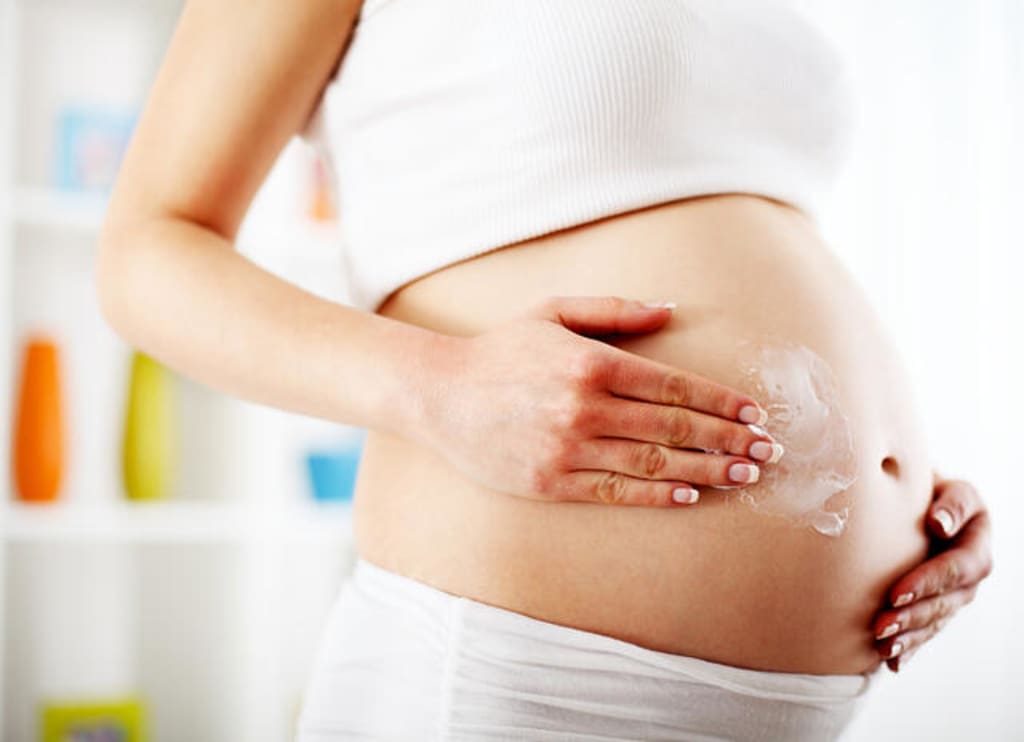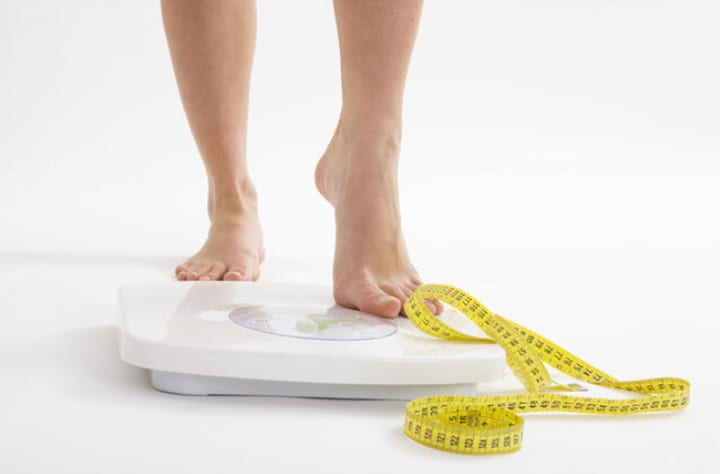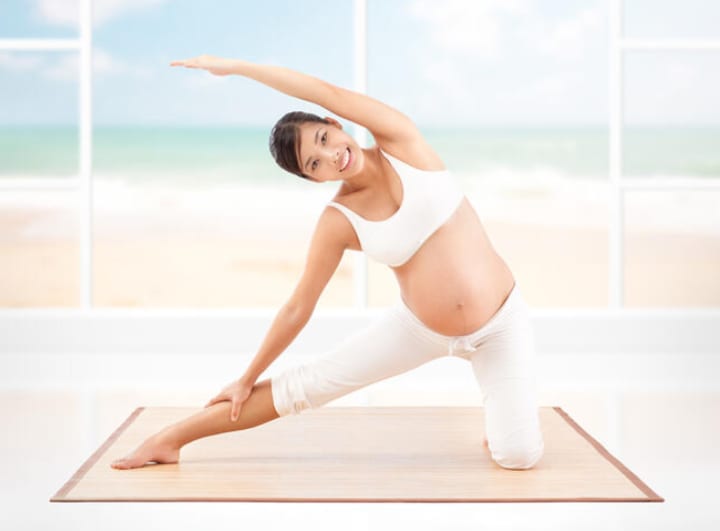Pregnant women have to pay attention to these conditions as early as possible
Precautions for pregnant women

Pregnancy of a woman is a great project in human life. As a mother-to-be, she has undergone psychological and physical tests. It is a common experience for pregnant women to have symptoms of discomfort. What discomforts will pregnant mothers have? How to alleviate it?

Physiological aspects:
(1) Discomfort in the stomach area
This is the most common discomfort in early pregnancy. About 70% of pregnant women have varying degrees of nausea and vomiting. Pregnant women often have acid reflux, belching, and symptoms such as upper abdominal pressure with the increase of gestational age, coupled with weakened gastrointestinal motility during pregnancy, low gastric muscle tension, causing stomach contents to flow back to the lower esophagus, and the esophageal mucosa is stimulated. There is a burning sensation in the stomach area, and pregnant women will feel "heartburn". Lying in bed immediately after a meal, eating too much or eating too much fat and fried foods will aggravate the symptoms of "heartburn". The principle of choosing small and frequent meals for pregnant women can reduce the volume of stomach contents to relieve symptoms.
(2) Frequent urination, urgency
In the first trimester, this is because the enlarged uterus compresses the bladder. When the uterus passes out of the abdominal cavity at 12 weeks of pregnancy, the symptoms disappear naturally. In the third trimester of pregnancy, the bladder Hui was squeezed again, and frequent urination appeared again. Some pregnant women have urine overflow when coughing, blowing their nose or sneezing. Frequent urination, urgency, and urine discharge during pregnancy, after the termination of pregnancy, the symptoms disappear naturally. If the symptoms persist, it means that the perineal muscles are too loose or the pelvic floor is damaged, and further examination and treatment should be performed.

Three) Flatulence
During pregnancy, due to weakened gastrointestinal tract activity, gas in the intestines often accumulate and cause unpleasant abdominal distension, which usually does not require special treatment. Pregnant women should choose foods that are easy to digest, avoid oversatisfaction, and meet the body's needs with small meals. Develop the habit of regular bowel movements and proper exercise can promote bowel movements, prevent and reduce abdominal distension.
(4) Constipation
The cause of constipation is that the enlarged uterus pushes the small intestine, reduces fluid intake and outdoor activity, and slows down bowel movements during pregnancy. Pregnant women should eat more fresh fruits, vegetables, etc., develop a habit of regular bowel movements, and exercise moderately every day to help maintain good intestinal function. If necessary, use stool softeners or laxatives as prescribed by your doctor, but you cannot develop the habit of relying on drugs. You can eat more bananas, not only to get food satisfaction, but also to prevent constipation.

(5) Low back pain and back pain
With the enlargement of the uterus during pregnancy, the burden on the muscles and ligaments of the waist and back of pregnant women increases, which causes backaches of varying degrees. In order to prevent or alleviate low back pain, pregnant women should pay attention to maintaining a good posture in their daily life to avoid excessive fatigue; planned exercise to increase the strength of the back muscles is also an effective measure to prevent low back pain. Pay proper attention to rest and avoid fatigue and heavy physical work.
(6) Dizziness
Many pregnant women experience dizziness, especially in crowded, stuffy, poorly ventilated places and crowds of people. Pregnant women should avoid changing postures too quickly, standing for a long time, being over-excited, mentally over-stressed, and over-fatigue.
(7) Lower limb muscle spasm
This is what we usually call cramps, which can occur at any time during pregnancy, and are common in the third trimester, with more attacks at night. Pregnant women should take in adequate vitamins. Those who are calcium-deficient should take soybean juice, yogurt, milk, and supplement calcium if necessary.
(8) Varicose veins
It may occur in the lower extremities, and occasionally in the vulva. Pregnant women should increase the chance of bed rest, and pay attention to raising the legs when sitting and standing to promote blood return to the lower limbs.
(9) Increased vaginal discharge
During pregnancy, due to the effect of hormones, the metabolism is vigorous, resulting in increased vaginal discharge. It is usually milky white, which is a normal physiological phenomenon, but it often brings discomfort to pregnant women. If it is a physiological phenomenon, you can take frequent showers and change underwear frequently to keep the vulva clean and promote comfort. It also warns pregnant women to avoid wearing nylon underwear. It is recommended to use cotton underwear with good water absorption and soft texture.
(10) Breast swelling and discomfort
During pregnancy, under the stimulation of hormones in the body, the mammary ducts proliferate, the mammary alveoli develop, and the breast tissues grow larger. Pregnant women often have discomfort such as tenderness, swelling and sinking. Wearing suitable underwear can reduce the discomfort.

How does postpartum depression affect pregnant women and fetuses?
Depression during pregnancy not only affects the pregnant women themselves, but also adversely affects the growth and development of the fetus, leading to adverse pregnancy outcomes. Studies have found that prenatal depression can continue throughout pregnancy and even after delivery.
How to deal with postpartum depression?
Good social support, especially the care and support of family members, and good husband and wife relationship are protective factors for pregnant women to appear depressive symptoms. Especially in the early and second trimesters, pregnant women not only face a change in their new identity, but also bear the physiological reactions caused by changes in hormone levels. At this time, they need more care and support from their family members, especially their spouses.






Comments
There are no comments for this story
Be the first to respond and start the conversation.